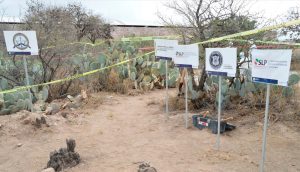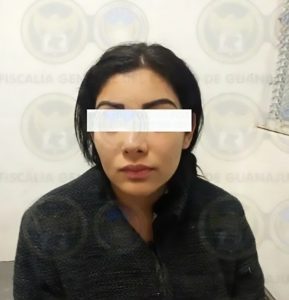Story By: Maja Mishevksa, Sub Editor: Marija Stojkoska, Agency: Newsflash
CEN/Mundo Marino
This is the moment the endangered green sea turtle that made international headlines when it was filmed defecating 14 grams of plastic after being rescued from a fishing net is released back into the sea.
The green sea turtle (Chelonia mydas) was rescued two months ago by Roberto Ubieta, a fisherman from the coastal town of San Clemente in the eastern Argentine province of Buenos Aires, who noticed the animal in his fishing nets and pulled it free.
As it seemed unwell he took it to the Mundo Marino foundation for treatment. The turtle then repeatedly defecated a starling amount of plastic waste after being admitted to the centre, including pieces of plastic, nylon, bags and wire.
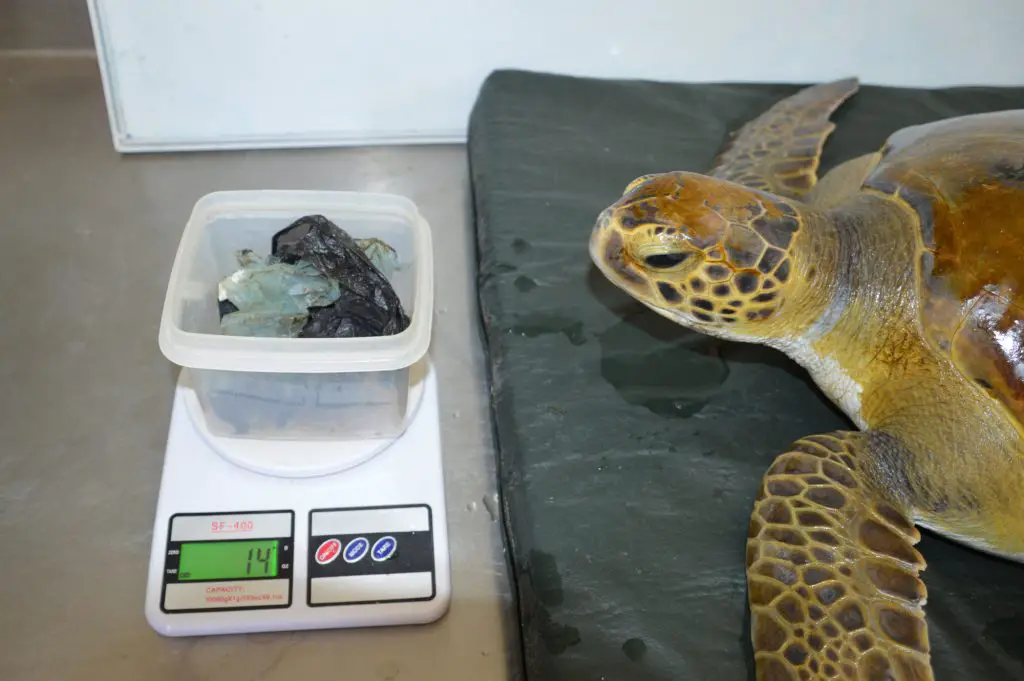
Ignacio Pena, the veterinary doctor at the Mundo Marino Foundation, said in a press statement that “in the last tests we did not find any evidence of more strange items in its organism. So we believed it had expelled all the rubbish from its intestine.
“Moreover, the good behaviour of the animal and the fact that it was stable during its feeding allowed us to release it back to its natural habitat”.
The turtle was released back into the sea on San Clemente beach on 24th February.
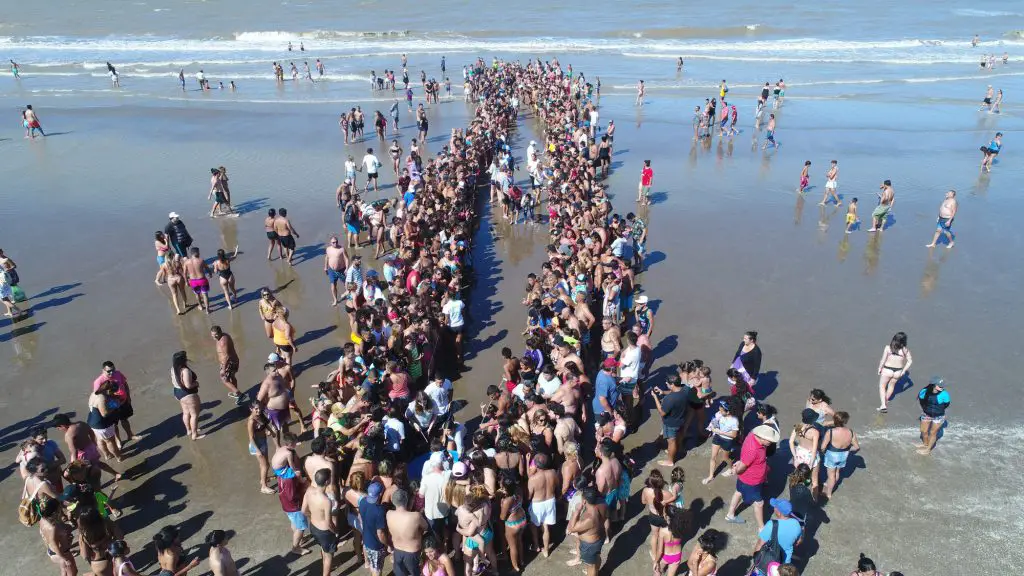
In the video, the turtle can be seen being carried down the beach where a crowd has gathered to watch the release.
The animal is then carried into the water where it is dropped into the water as the crowd cheers.
The turtle then swims away back into its natural habitat.
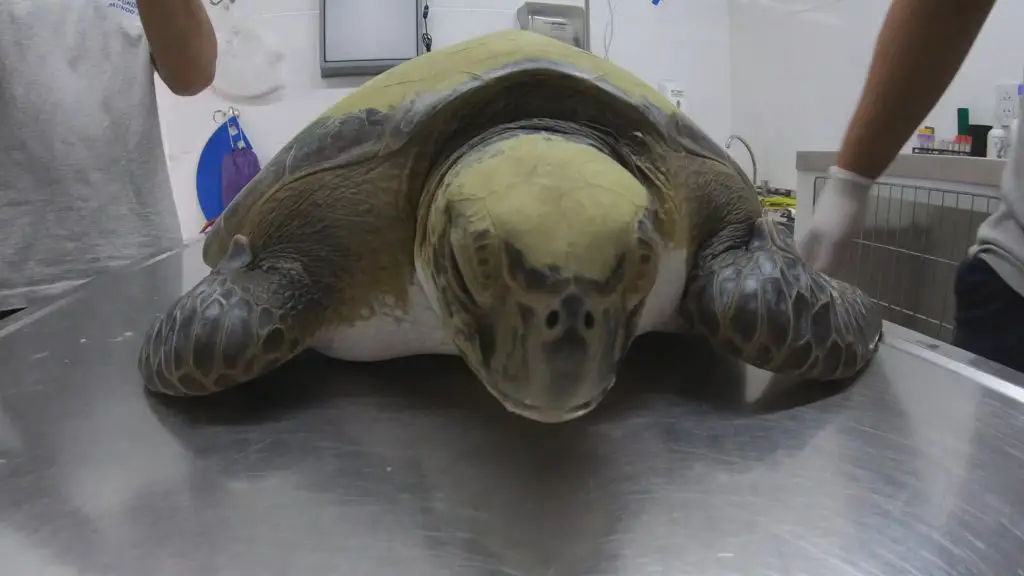
Andrea Cabrera, the vice president of the Mundo Marino Foundation, told local media that “83.2 percent of the waste registered in 20 towns of the coast of Buenos Aires is made up of plastic”, according to the fourth edition of the census of Coastal Marine Rubbish.
Sergio Rodriguez Heredia, a biologist from the foundation, said that “turtles simply eat plastic. Adults eat algae, but young ones also eat fish or crustaceous and other animals that could be mixed up with plastic.
“A piece of nylon is similar to a piece of algae or a jellyfish. They eat whatever they come across while swimming in the water. And everything comes from us, from the tourists on the beach and the cities.”
The green sea turtle is listed as endangered by the International Union for Conservation of Nature.
The ViralTab page is created by and dedicated to professional, independent freelance journalists. It is a place for us to showcase our work. When our news is sold to our media partners, we will include the link here.

